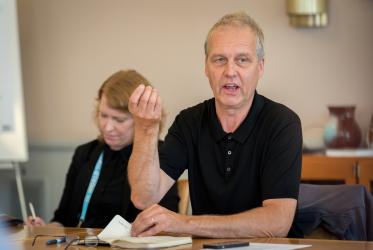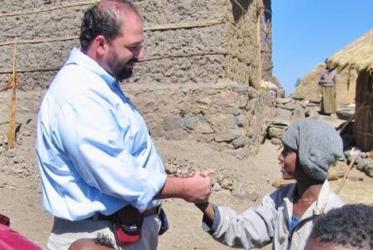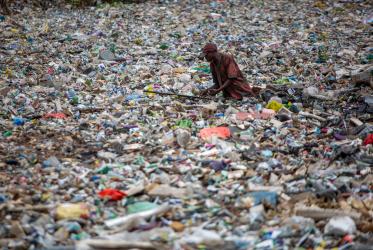Displaying 121 - 139 of 139
Can we end our societal addiction to fossil fuels?
12 August 2021
Defending the ‘blue soul of life’
08 April 2021
No room at the inn
26 December 2020
Securing water for all: a job for heroes with a licence to pray?
11 November 2008

















